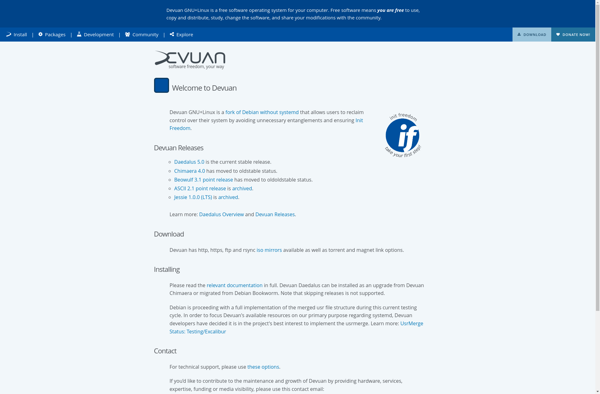Chromium OS
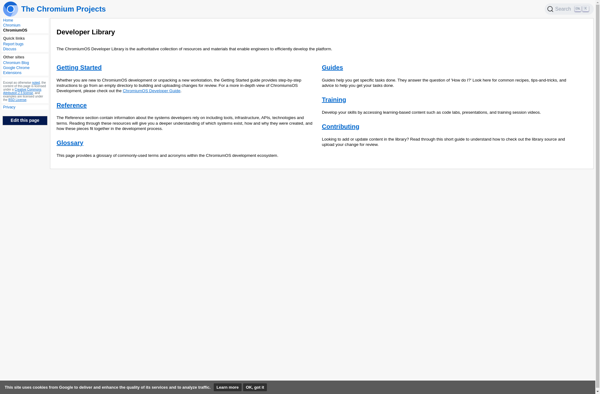
Chromium OS: Lightweight Chrome OSs
Chromium OS is an open-source operating system designed for Chromebooks, focusing on a lightweight and simple web browsing experience with the Chrome browser at its core.
What is Chromium OS?
Chromium OS is an open-source operating system developed by Google for Chromebooks and Chromeboxes. It is based on the open-source Chromium browser project, hence the name.
Some key features of Chromium OS:
- Minimalist, lightweight design focused primarily on web browsing using the Chrome browser
- Boot times under 10 seconds due to solid state drives and optimized startup processes
- Automatic, seamless updates delivered in the background for latest features and security patches
- Sandboxing and verified boot security features to prevent malware and viruses
- Optimized for low power usage resulting in longer battery life
- Google sync integration provides access to Gmail, Drive, Calendar, Keep and other Google services while offline
- Support for Android apps via Google Play Store on many newer Chromebook models
Overall, Chromium OS offers a simple but secure computing experience anchored around the Chrome browser and web apps. With its speed, longevity, and built-in cloud syncing with Google services, it's well suited for users focused mainly on web browsing, email, documents, media consumption and other online activities.
Chromium OS Features
Features
- Lightweight Linux-based operating system
- Designed for Chromebooks
- Focused on web browsing experience
- Built around the Chrome browser
- Automatic updates
- Sandboxing for security
- Support for Android apps
Pricing
- Free
- Open Source
Pros
Cons
Official Links
Reviews & Ratings
Login to ReviewThe Best Chromium OS Alternatives
Top Os & Utilities and Operating Systems and other similar apps like Chromium OS
Here are some alternatives to Chromium OS:
Suggest an alternative ❐Windows 10
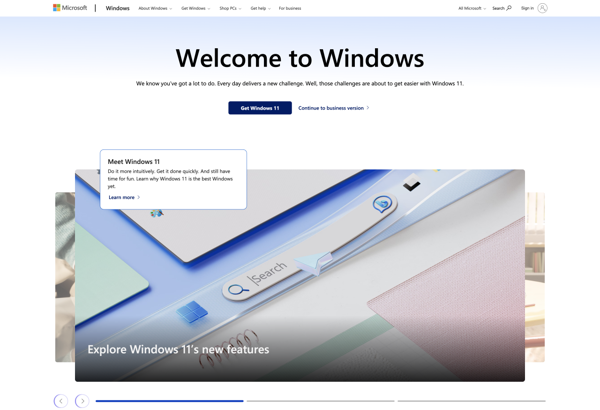
Ubuntu
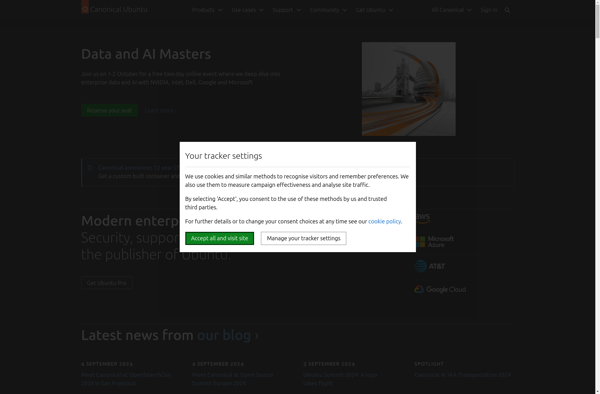
MacOS
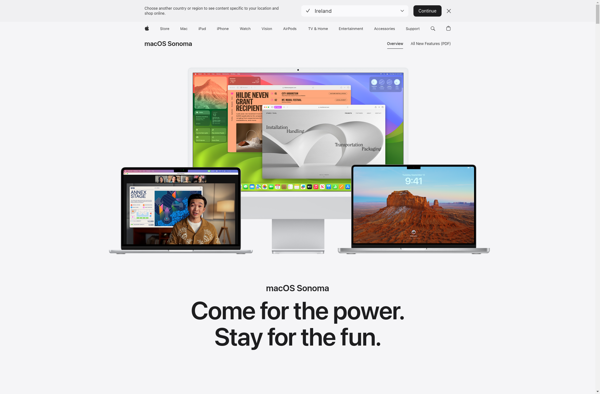
Linux Mint
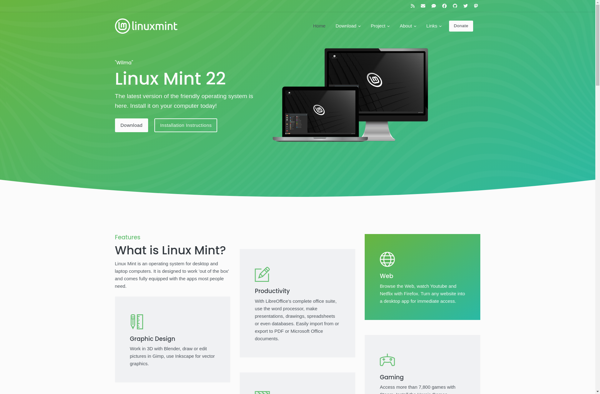
Windows 7
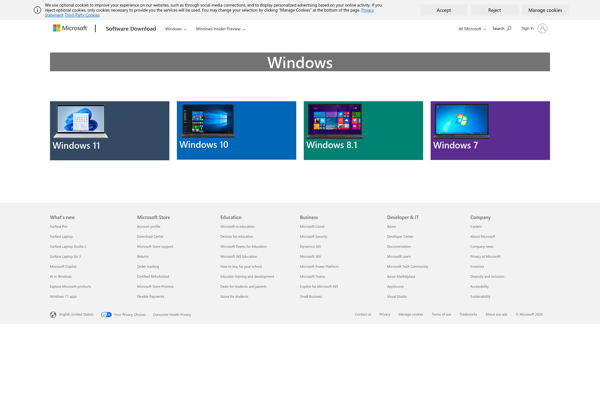
Bliss Os
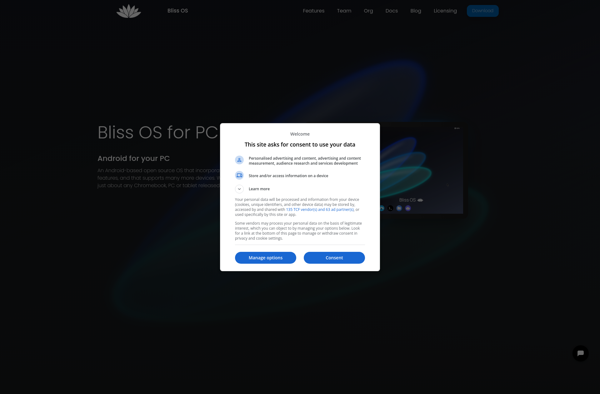
Arch Linux
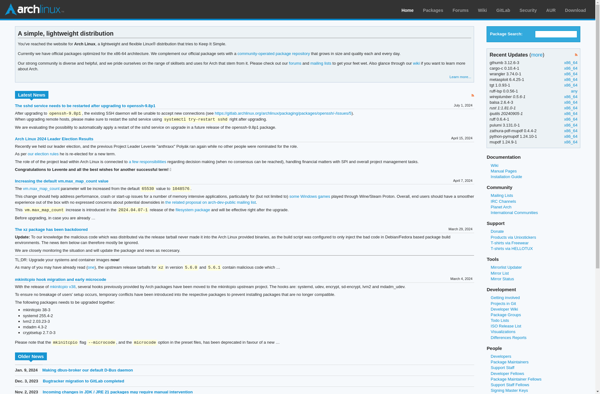
Elementary OS
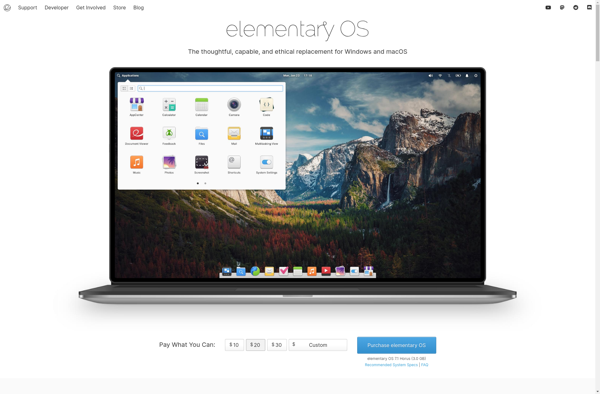
Debian

GalliumOS
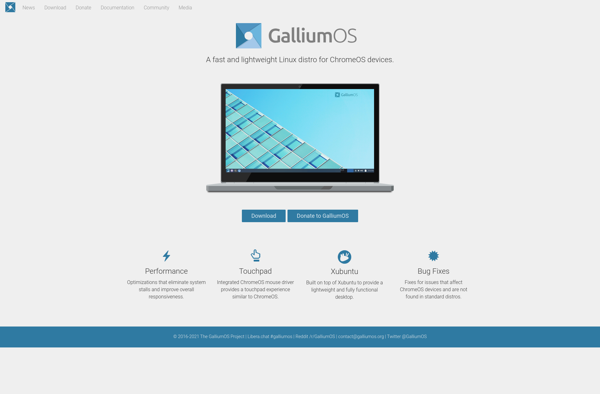
Fedora
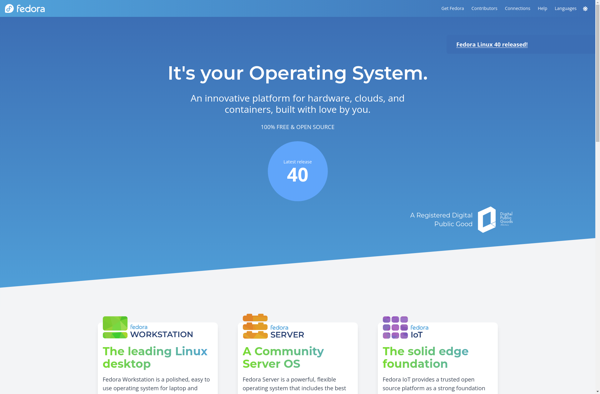
Manjaro Linux

Porteus

OpenSUSE

JustBrowsing

BrowserLinux
OpenThos
Webconverger
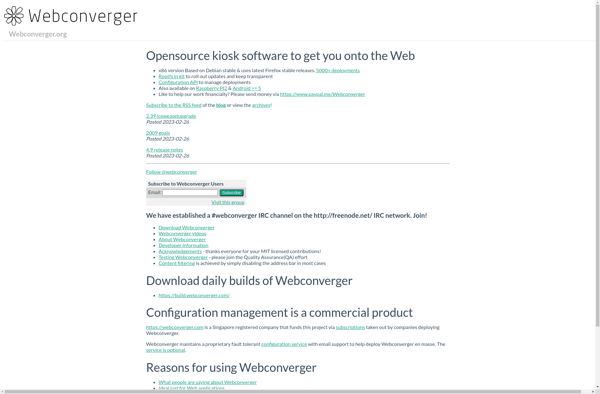
RisiOS
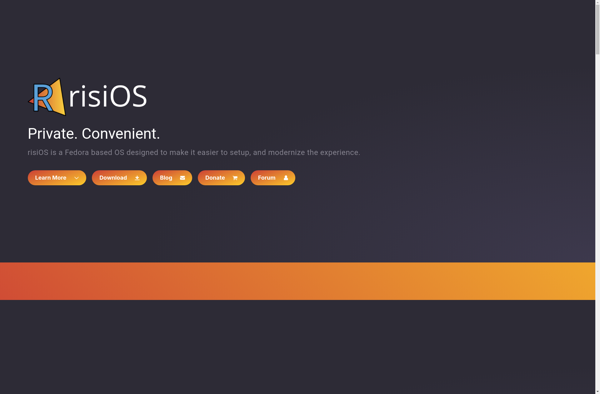
Kubuntu
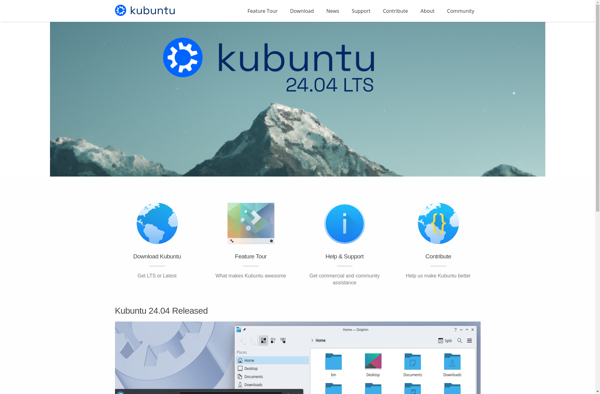
Phoenix Linux
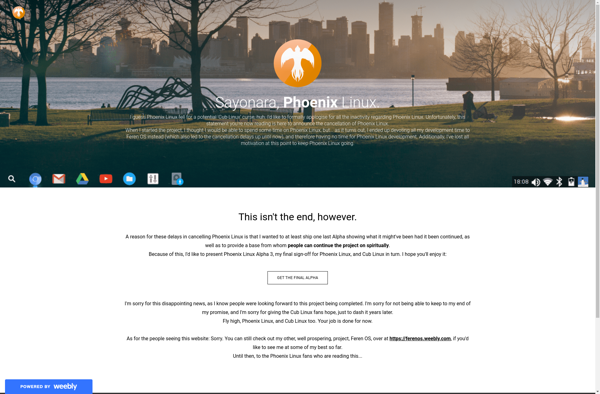
Devuan
